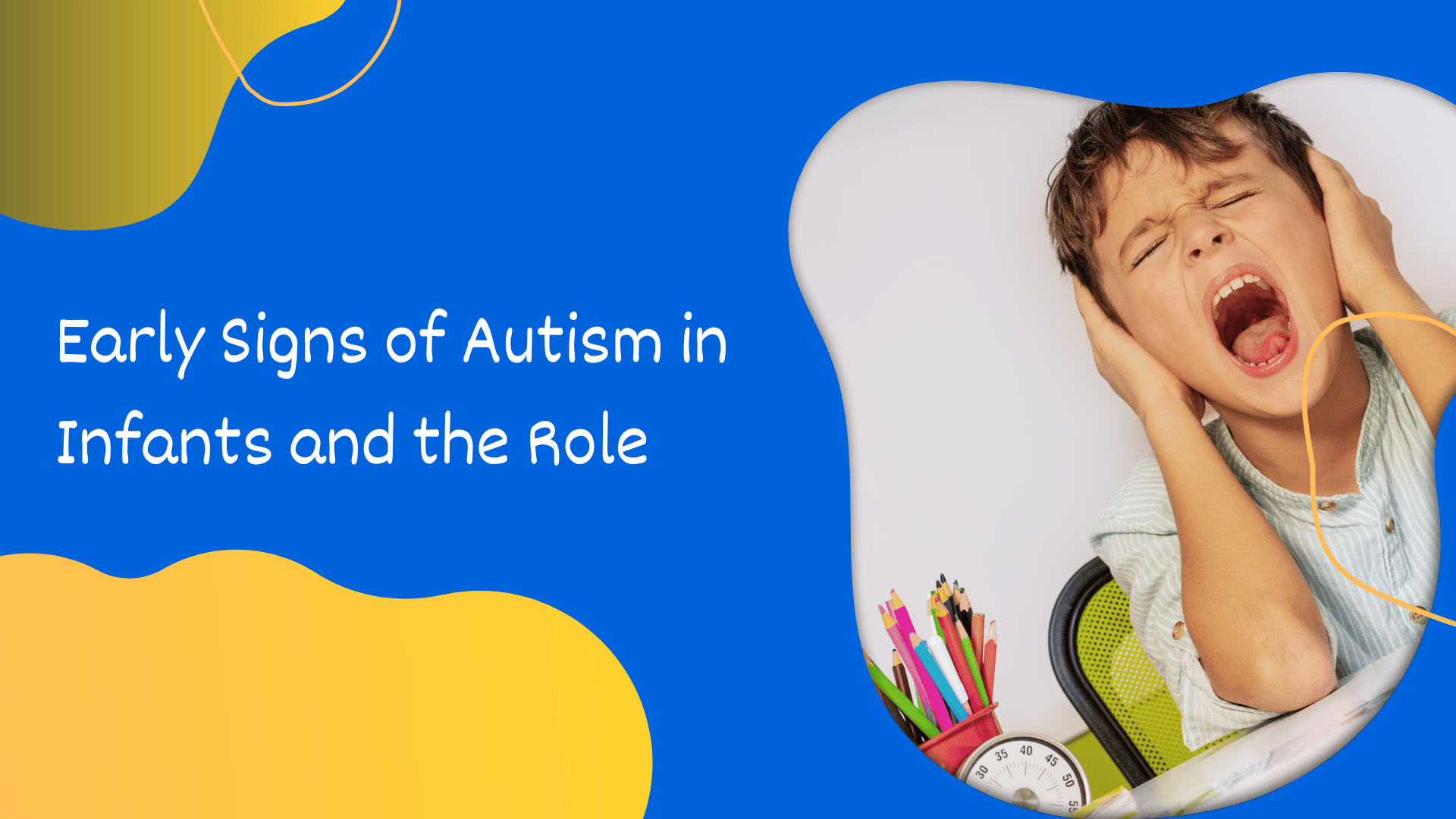Early Intervention in Autism: The Role of Homeopathy and Behavior Therapy
Autism spectrum disorder (ASD) presents unique challenges to both children and their families. However, early intervention can significantly impact the trajectory of a child’s development. Dr. Priyanka, MD, emphasizes the importance of early intervention in treating autism, highlighting the synergistic effects of homeopathic remedies and behavior therapy.
Early intervention, as defined by Dr. Priyanka, involves initiating therapies before a child’s third birthday. This critical window of opportunity allows for the implementation of various interventions, including homeopathic medicines, physical therapy, social, behavioral, and speech-based treatments. By starting treatments early, children with autism have a higher likelihood of experiencing positive outcomes.
One of the primary reasons early intervention is crucial is the concept of “catching them young.” During the formative years of a child’s growth, their brain is highly receptive to new experiences and learning. Homeopathic medicines, when administered early, bridge developmental gaps more effectively, facilitating mental development. Additionally, behavior therapy techniques, such as Applied Behavior Analysis (ABA), can shape desirable behaviors in preschoolers more easily compared to older children.
Dietary intervention is another aspect emphasized by Dr. Priyanka. Many children with autism have dietary sensitivities, such as gluten or casein intolerance. Implementing dietary changes early in life is more feasible when a child is still adaptable to new foods. Similarly, speech therapy interventions are more effective when initiated during the preschool years, as children are more receptive to learning and correcting speech patterns.
The goal of early homeopathic, behavior, and speech interventions is to establish a robust communication system for the child. Whether through verbal language, picture cards, or assistive techniques, the focus is on facilitating reciprocal communication skills. By equipping children with effective communication tools early on, they can better navigate social interactions and engage with the world around them.
In conclusion, early intervention is paramount in the treatment of autism spectrum disorder. Dr. Priyanka’s approach emphasizes the integration of homeopathic remedies and behavior therapy to maximize therapeutic outcomes. By starting interventions before the age of three, children with autism can experience significant improvements in their developmental trajectories, offering hope and support to both children and their families.


